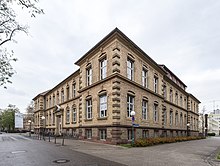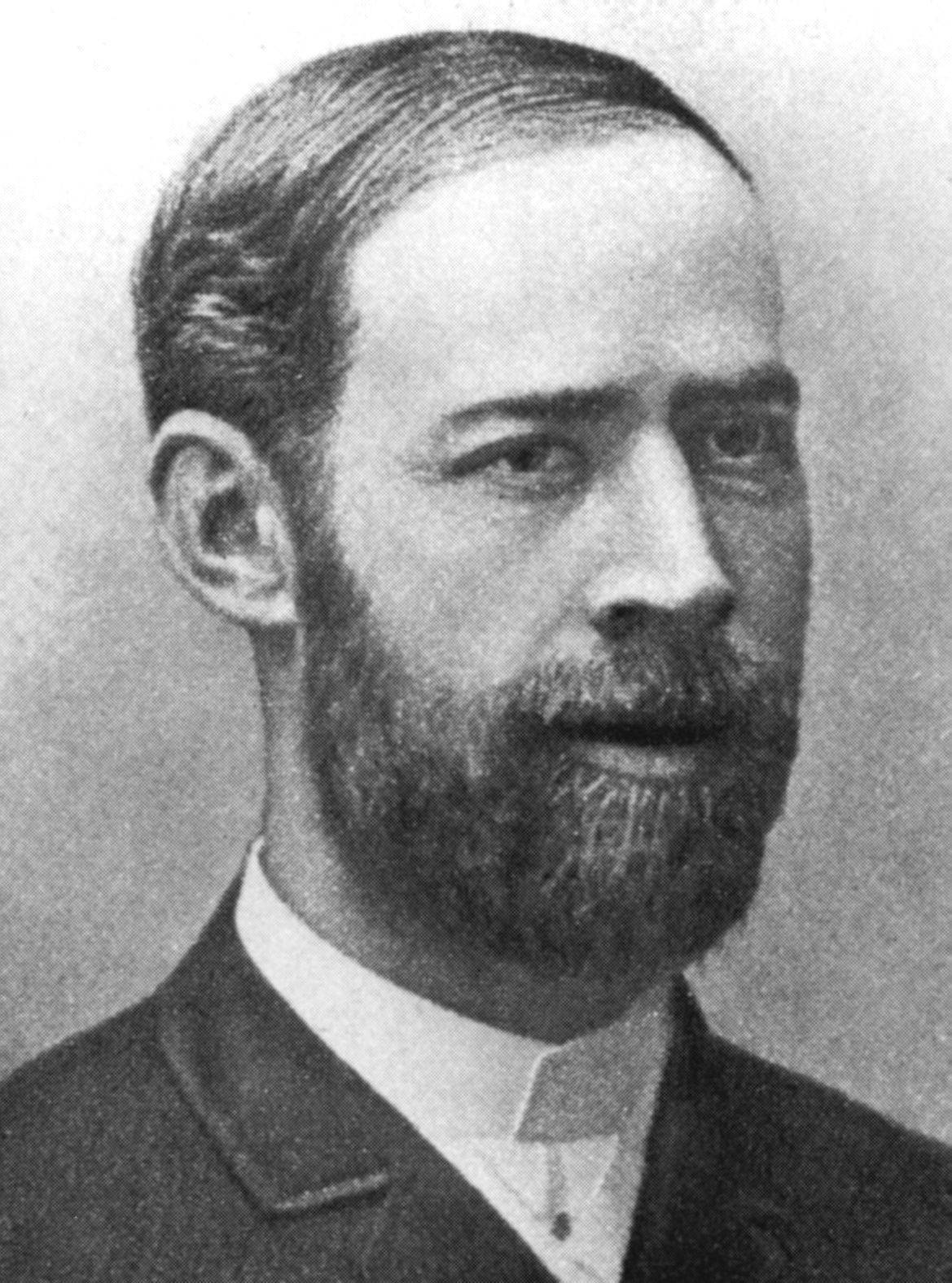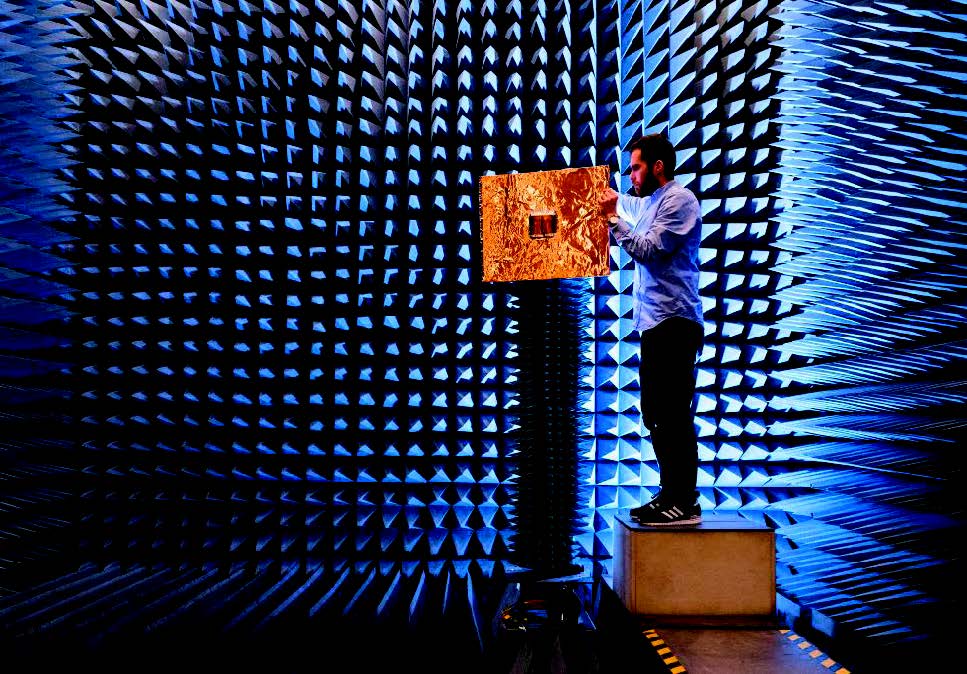Faculty of Electrical Engineering and Information Technology
Institutes 16
Professorships 38
Students 2,500
Study programs 6
Further information can be found here.
ETIT in general - topics in teaching and research
The KIT Faculty of Electrical Engineering and Information Technology researches and teaches in the fields of renewable energies, mobility, information and communication technology, automation and systems technology, micro- and nanoelectronics, photonics and quantum technology and medical technology. The degree courses initially provide a broad range of basic knowledge, which is then specialized in specializations.
Heinrich Hertz
Heinrich Hertz (1857-1894) proves the existence of electromagnetic waves at the Technical University of Karlsruhe in 1886. His research revolutionized electrical engineering and laid the foundation for later technical innovations.
6G mobile communications project
In the Open6GHub project, 17 partners, including KIT, are working on the development and implementation of intelligent communication networks and the next generation of mobile communications, 6G. 6G is intended to serve as the infrastructure for future mobile and highly secure applications based on artificial intelligence (AI) and machine learning.
Medical Engineering
The innovative medical technology course combines engineering, computer science, natural sciences and medicine. Students benefit from the existing cooperation between
of the KIT with the Municipal Hospital, as knowledge is imparted in a practical manner. The research is translated into
The research is translated into concrete medical technology solutions, which are a particular social and political focus in view of demographic change ("silver society").






_rdax_1240x825s.jpg)